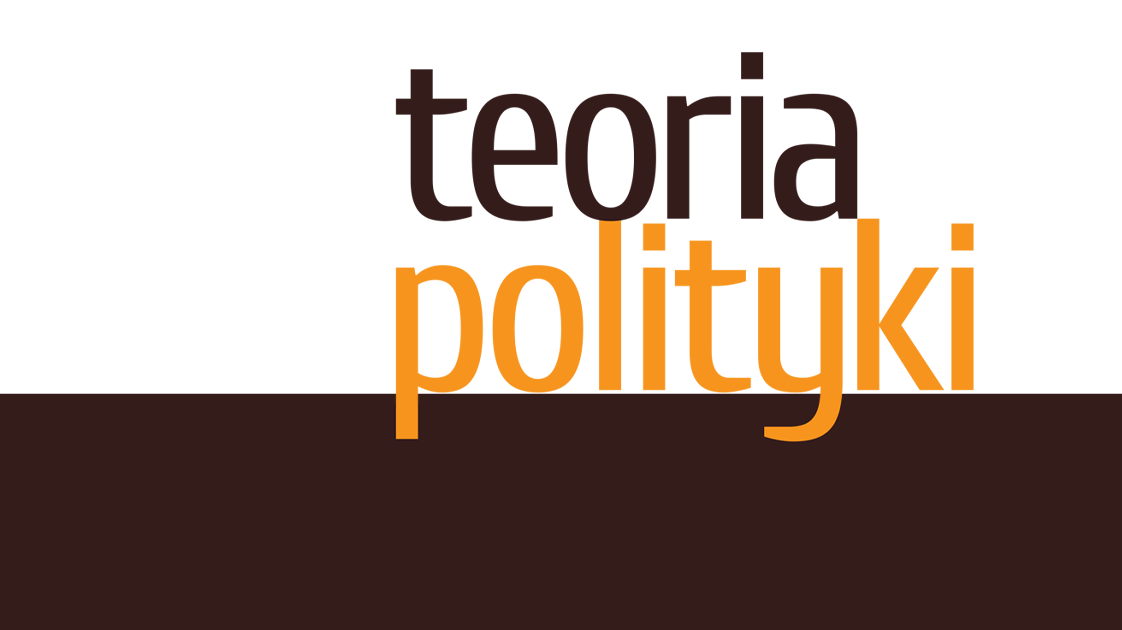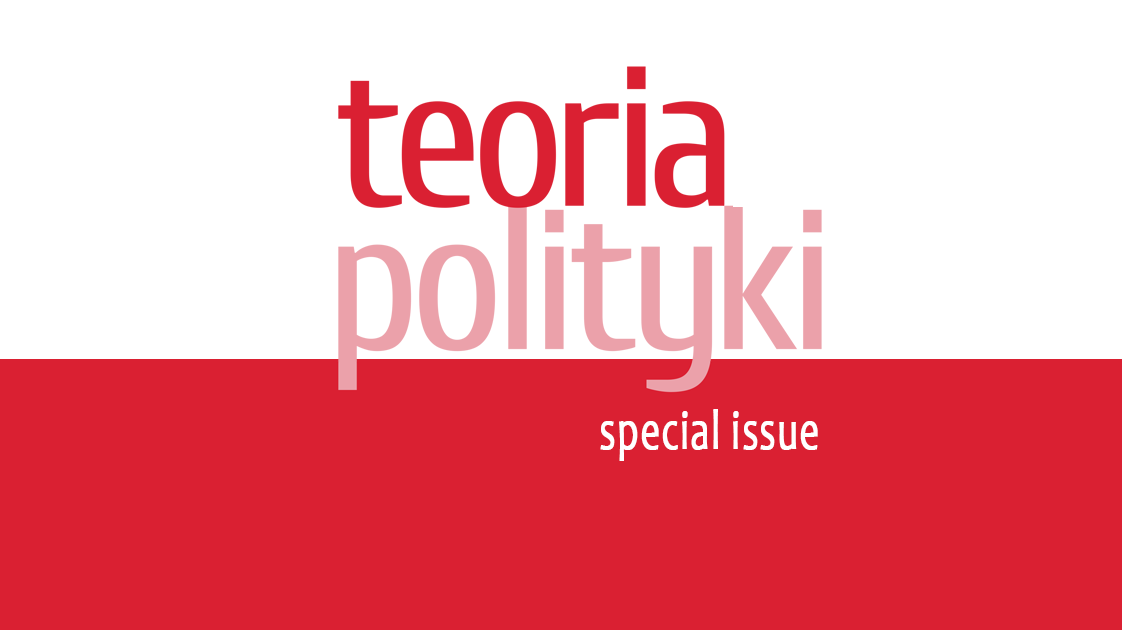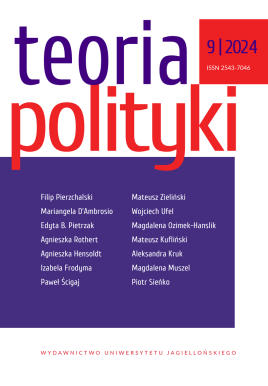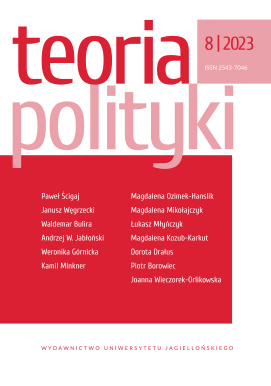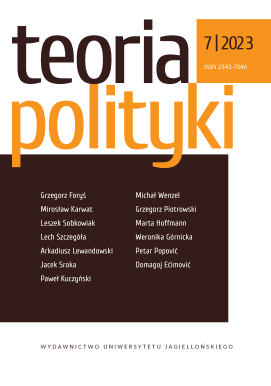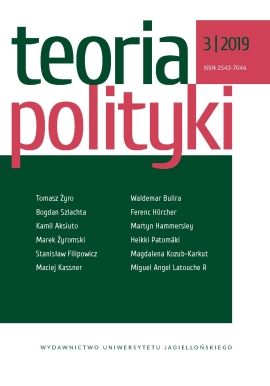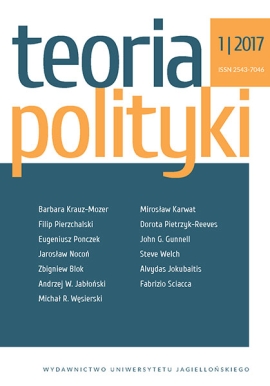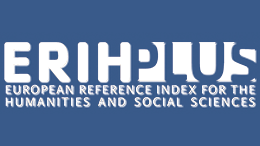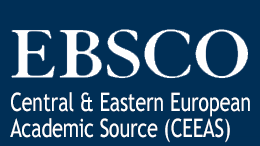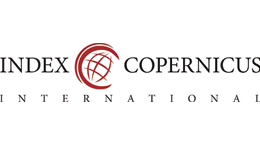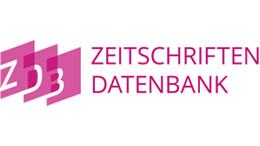One of the first constatations for those researching populist parties is the lack
of one, universal definition of the concept of populism. That reads directly into the ways
we try to capture populist parties. Certain features unify the populist actors, primarily
the supply of rhetoric to safeguard the majority rule of the people, by some referred to as
populist ideology (Mudde, Kaltwasser, 2013). However, not only the definition of populism
creates challenges to the proper identification of populist parties. Several other
notions, such as ideology or left-right placement – and the misalignment in its general
understanding – increase the complexity of studies that attempt to compare populist parties.
The article focuses on theoretical aspects of populism studies, with a special focus
on the populist parties in Central and Eastern Europe (CEE) that developed in a peculiar
post-communist setting that influenced party performance in the region.

